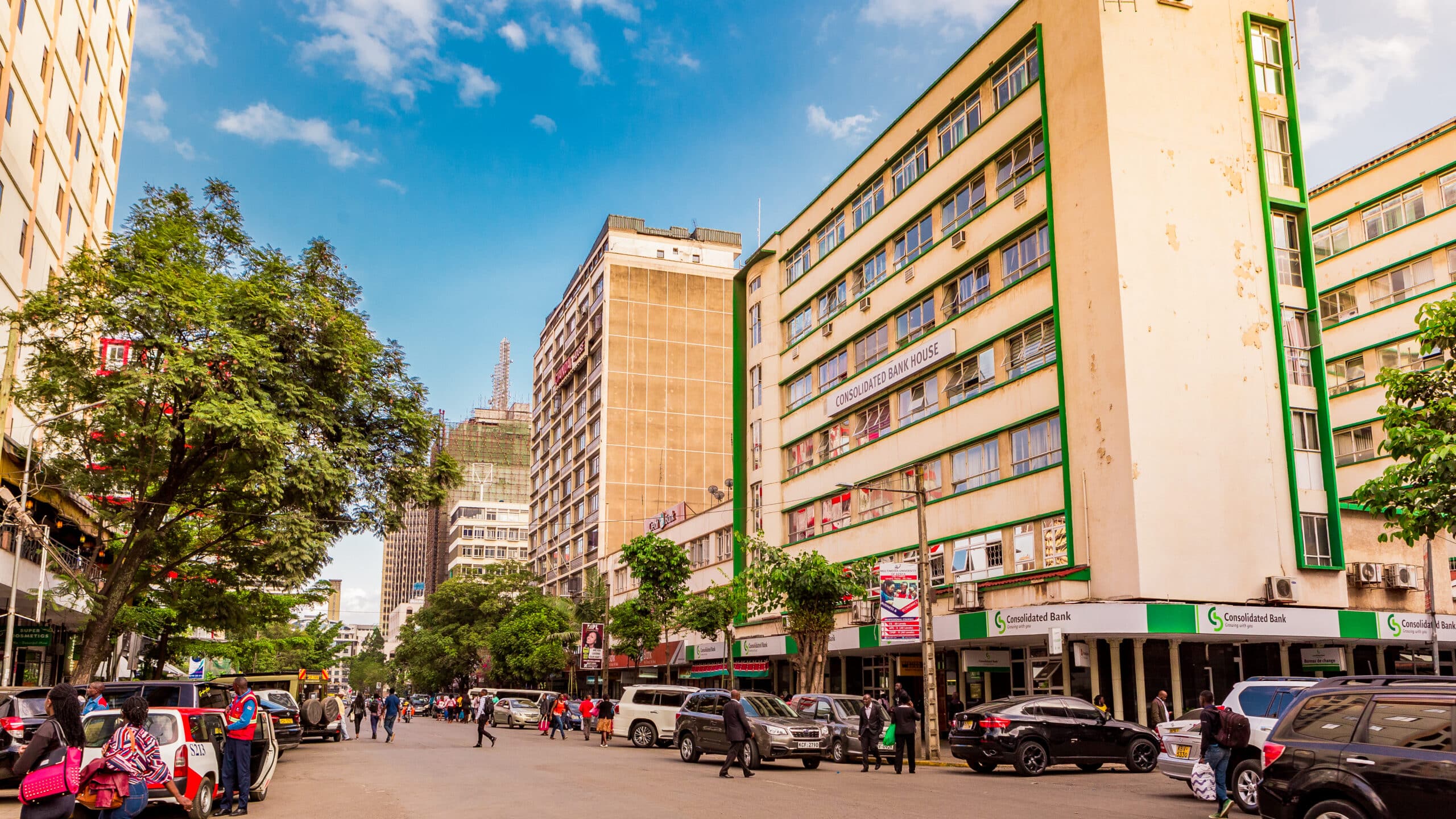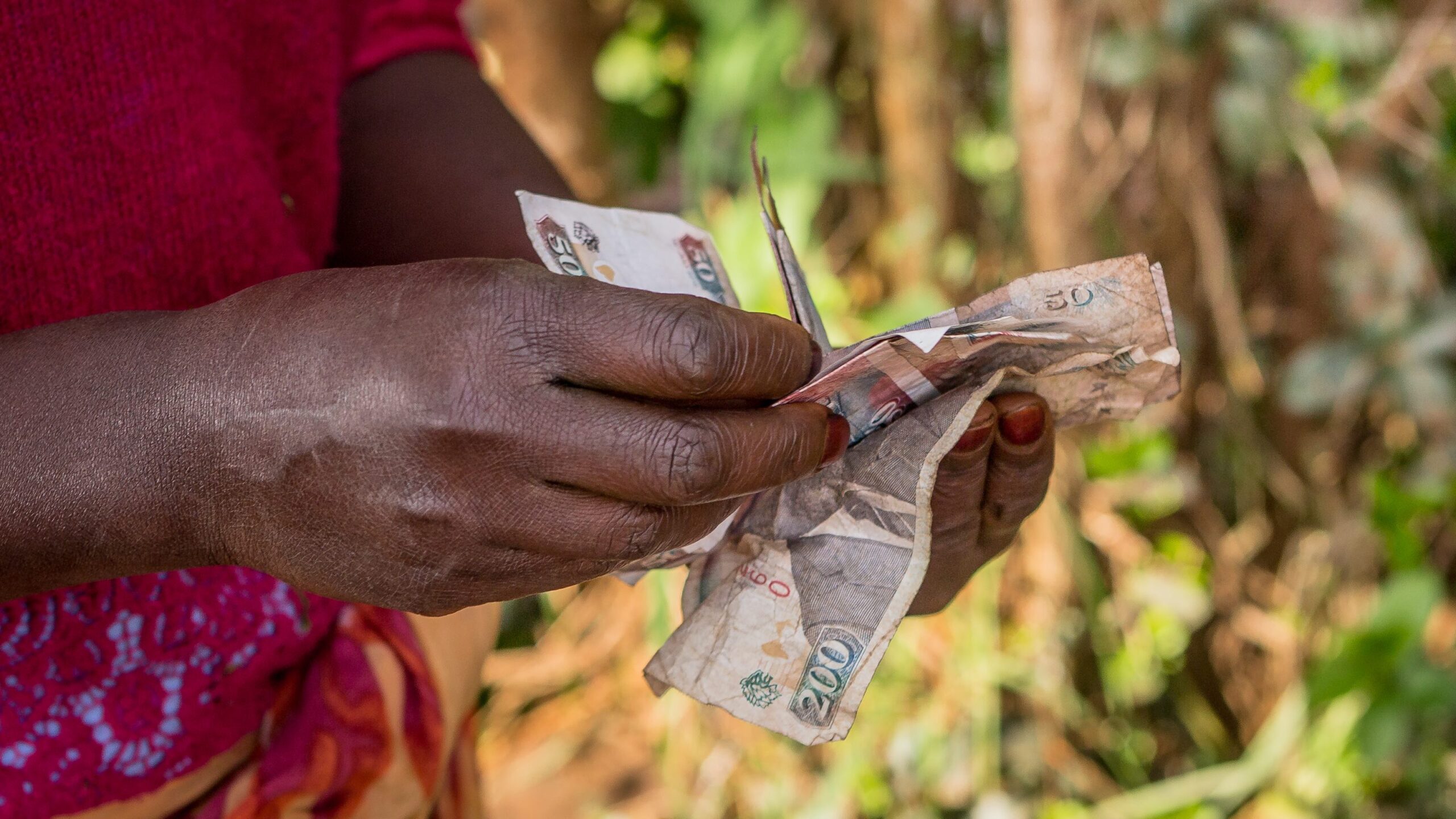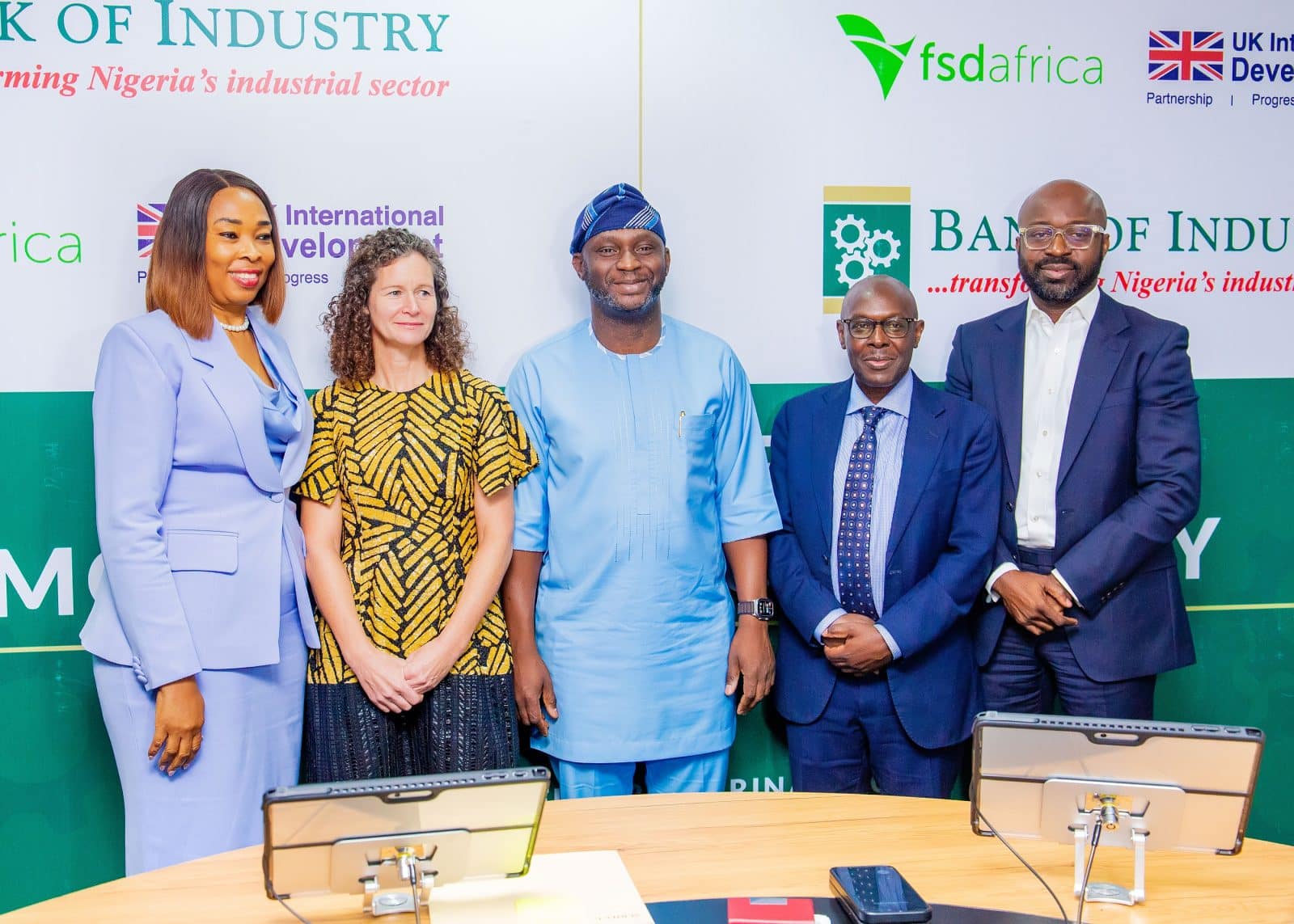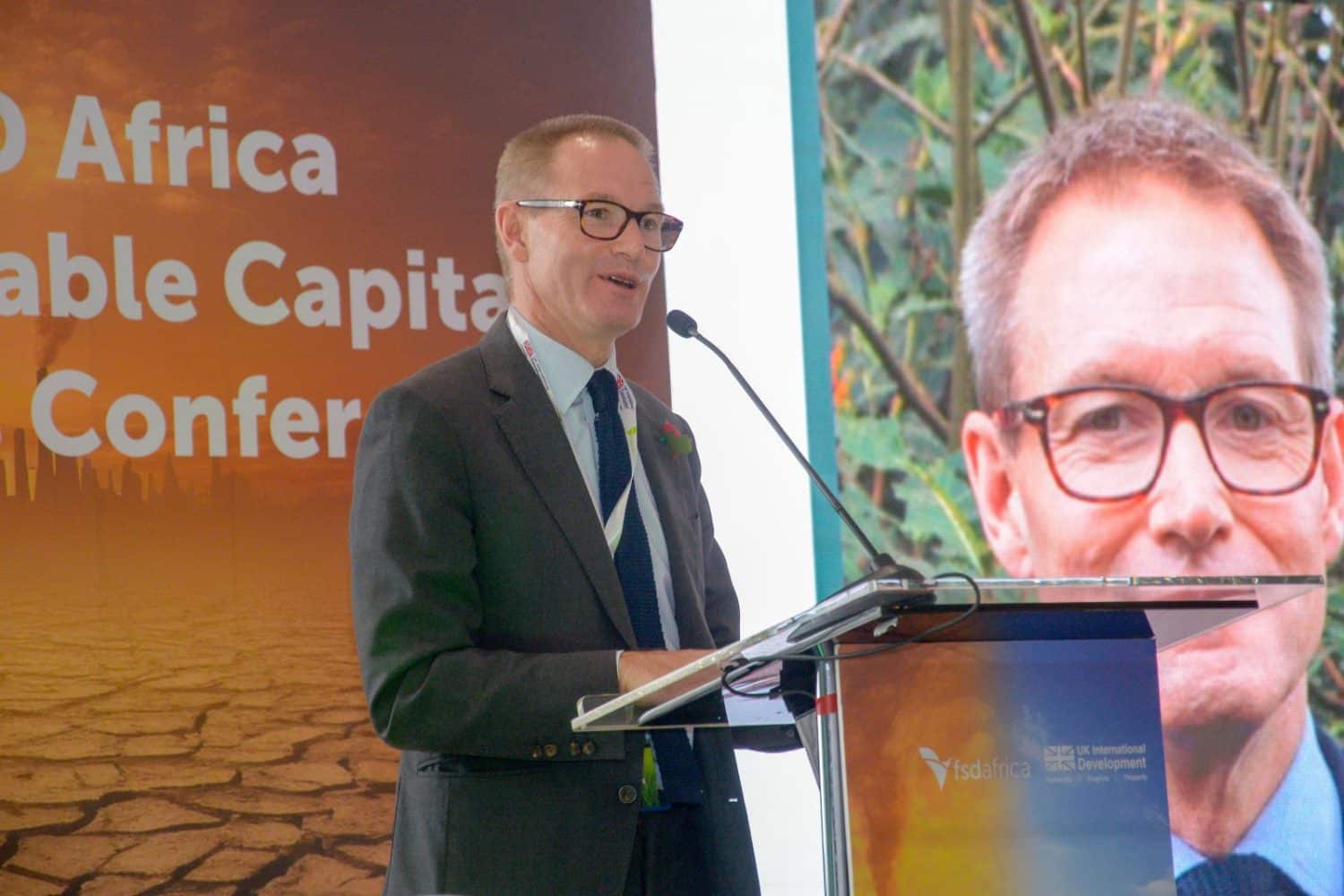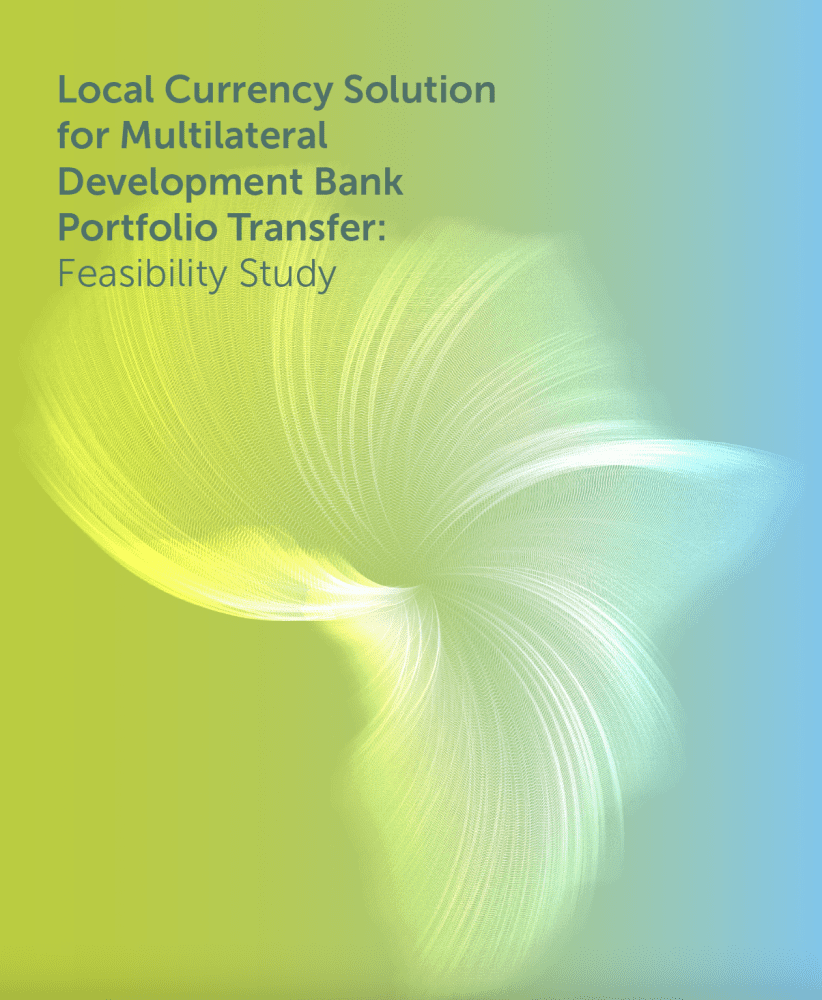Tuesday, 5 November – The British High Commission Nairobi has announced a USD $5.2 million fund (KSH 667 million) to support Micro, Small, and Medium Enterprises (SMEs) in Kenya. This initiative exemplifies the UK’s commitment as a long-term partner, providing investment solutions that foster growth and job creation.
British High Commissioner to Kenya, Neil Wigan, said:
“We must lower the cost of borrowing for Kenyans. This fund further bolsters the UK’s financial toolkit in Kenya, which has supported long-term job creation and economic growth over many years. It will deliver for all the hardworking hustlers of this country—especially women, young people, and persons with disabilities—who are often pushed to the margins of the Kenyan economy. The UK’s economic relationship with Kenya is the cornerstone of the UK-Kenya strategic partnership, and we look forward to delivering this together.”
The ‘Listed SME Debt Fund,’ sponsored by FSD Africa, aims to mobilize up to USD $300 million (KSH 38.85 billion) of sustainable finance to provide affordable credit to micro, small, and medium-sized enterprises. Of this amount, the fund targets to raise USD $240 million from domestic institutional investors, with the remainder sourced from foreign investors. It is expected to support at least 10,000 MSMEs, benefiting 50,000 households, creating, protecting, and supporting over 89,000 jobs, and improving access to basic services for over 200,000 people.
The fund is not sector-specific and will cater to the diverse needs of Kenyan business owners, ranging from artisans to financiers and farmers, by lowering the cost of borrowing. It will be listed and managed in Kenya, aiming to provide an attractive investment opportunity for Kenyan investors by de-risking investments in MSMEs while still offering attractive returns.
Currently, SMEs in Kenya face interest rates of up to 40%, making it challenging for businesses to grow and create jobs. This fund will also encourage pension funds to invest in sectors that support the flow of goods, services, and labor in Kenya.
Mark Napier, CEO of FSD Africa, stated:
“The SME sector holds tremendous potential for Kenya’s socio-economic transformation, comprising approximately 98% of all businesses and creating a significant number of jobs. FSD Africa is thrilled to launch this innovative fund dedicated to supporting small and medium enterprises in Kenya. This fund will provide affordable credit to businesses that have historically faced challenges in accessing financing. Moreover, it will offer MSMEs a route to growth across borders and support local employment rates and the growth of the Kenyan economy.”
The first close of the fund is targeting USD $100 million. Kenyan institutional investors, including pension funds, have assets under management exceeding USD $30 billion. Despite regulatory approval allowing investment of up to 30% in alternative assets, many have yet to capitalize on this opportunity. The SME listed fund introduces a new asset class, aiding in portfolio diversification and stabilization. This aligns with FSD Africa’s mission to deepen and diversify capital markets through innovation.
SMEs are vital to Kenya’s economic growth, accounting for 98% of businesses and approximately 24% of the country’s gross domestic product. Beyond their economic impact, SMEs serve as essential engines of employment generation, particularly for marginalized groups such as youth, women, and persons with disabilities, providing around 14 million (30%) of jobs.
The announcement was made at a major pan-African Capital Markets conference organized by FSD Africa, a specialist development finance institution fully funded by the UK Government.
